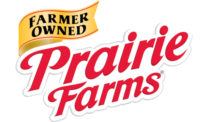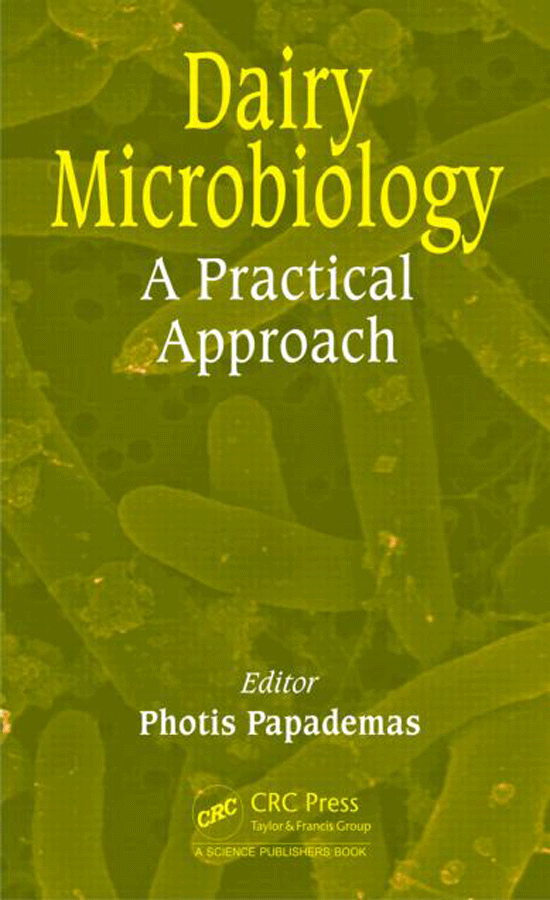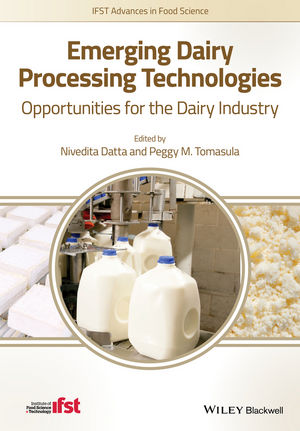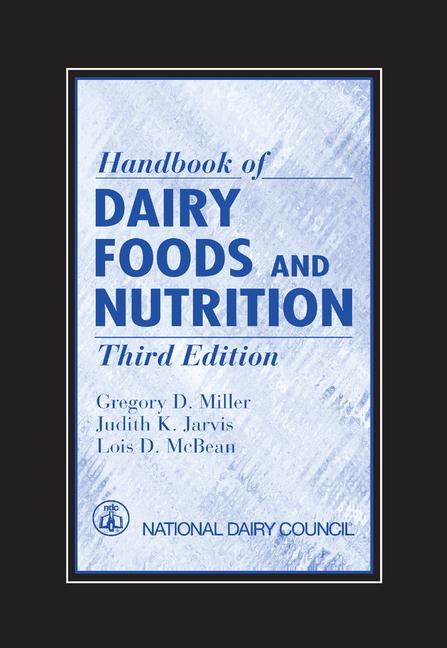
For the first time, the health of the planet surpasses the health of the population as a top global concern, according to Innova Market Insights.
Earth’s population is projected to reach nearly 10 billion by the year 2050, and demand for protein is set to increase 80% by that year. How will the food industry meet the demand for high-quality dairy protein? One part of the solution might be to incorporate bioengineered dairy proteins into a growing array of traditional dairy foods.
I don’t just write about dairy. I consume it in all its forms and glory. I love “real” milk, “real” cheese, and “real” ice cream. When I try plant-based dairy alternatives, I generally find the taste and texture lacking, and I am not a repeat customer. But when I first tasted Brave Robot animal-free, lactose-free ice cream, I was sold. It tasted like the real thing.
The process and players
Ryan Pandya and Perumal Gandhi founded Perfect Day in 2014. The Emeryville, Calif.-based company produces whey proteins through a propriety process where microflora ferment water, nutrients, and sugar into an ingredient that is identical to whey protein, but with no lactose or cholesterol.
Perfect Day’s website explains that its microbes produce beta-lactoglobulin proteins with “up to 99% less water use, up to 97% fewer greenhouse gas emissions, and up to 60% less energy use than traditional whey proteins produced by dairy cows.” Importantly, while the dairy proteins are made using genetically engineered yeast, they are “carefully filtered and purified” to ensure no GMOs remain in the final product, the website states.
Perfect Day is not the only company producing dairy proteins using precision fermentation. Change Foods, based in Palo Alto, Calif., is producing caseins via biotechnology. The company decided to focus on caseins because plant-based cheeses lack the taste, texture and melt properties of traditional cheese. Change Foods recently announced strategic collaboration agreements with manufacturers of butter, yogurt and cheese.
Montreal-based Opalia found a way to manufacture the functional components of traditional dairy without involving any animals. The company uses “enhanced mammary epithelial cells that grow and lactate inside a bioreactor that replicates the in vivo environment of the cow udder. The process is FDA-approved, clearing the way for Opalia’s cell-based milk to have regulatory approval,” its says.
A North Carolina-based mammary biotechnology company, Biomilq, Inc., is producing an imitation of human breast milk. The company collects cells from human breast milk and breast tissue, to produce a lab grown alternative to baby formula. The product contains more of the beneficial fats and proteins that are normally found only in human breast milk.
Two companies based in Israel, Remilk and Imagindairy, have also entered the bioengineered milk arena.
Animal-free products
While some bioengineered dairy companies are producing end products, others are producing ingredients that are sold for a wide array of dairy foods. In fact, Perfect Day’s whey proteins can be found in Brave Robot and Nick’s Ice Cream. Based on a new partnership with Mars Foods, Perfect Day and Mars are teaming up to manufacture a new CO2COA bar.
Perhaps the biggest potential player in bioengineered dairy is Minneapolis-based General Mills. It recently introduced BOLD CuLTR cream cheese utilizing Perfect Day proteins.
California Performance Co. uses Perfect Day proteins in their sports nutrition powders, as does Natreve’s MOOLESS, and Myprotein’s Whey Forward line. Bioengineered dairy proteins are also found in barista milks, coffee creamers, Bored Cow flavored milks, Betterland Cow-Free Milk and Strive FREEMILK.
The future
Bioengineering is not unique to dairy. Insulin for diabetics, chymosin for cheesemaking, enzymes, flavoring agents and vitamins are all produced via precise fermentation. Research has shown that young consumers are more willing to try food produced through modern technologies such as bioengineering.
“Our latest study is about how consumers, post-COVID and supply chain disruptions and inflation, feel about topics like sustainability and transparency. Despite having experienced significant stressors, consumers continue to want to know more about how food is grown and sourced versus less,” says Michele Murray, senior vice president, Ketchum Food Agriculture & Ingredient, San Francisco. “In particular, more than three-quarters (77%) of Gen Z, the youngest food shopping cohort, believe it’s important [that] food organizations are transparent about sustainability and the environmental impact of their products.”
What impact will animal-free dairy have on traditional dairy farming? In order to compete in a changing consumer environment, traditional dairy will be challenged to show that they are supporting healthy people — and, most importantly, a healthy planet.
Sharon Gerdes is a certified food scientist and author who writes extensively about dairy’s role in Health and Wellness. Learn more at http://sharongerdes.com.







